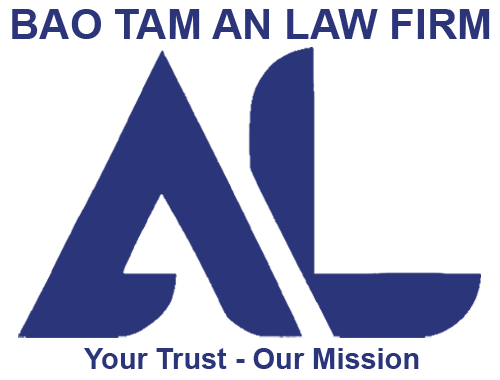The role of lawyers in criminal cases
In the resolution of criminal cases, lawyers can be involved from a very early stage, even from the “handling of reports and accusations of crimes” phase. After the case has a valid judgment, lawyers can still participate in certain tasks, such as submitting requests for the Cassation or retrial. It could be said that lawyers play a crucial role in resolving criminal cases, clarifying the objective truth of the criminal case (clarifying the nature of the case, reducing penalties, arguing for the acquittal of the defendant, or protecting the legitimate rights of victims, individuals with related rights and responsibilities).
In criminal cases, lawyers can participate to defend/protect the legal rights and interests of:
- Suspects: Individuals/legal entities subject to criminal prosecution.
- Defendants: Individuals/legal entities already determined by the court for trial.
- Victims: Individuals directly harmed physically, mentally, or materially; organizations damaged in terms of property, reputation caused or threatened by the crime.
- Plaintiffs: Individuals, organizations suffering damage due to the crime and filing claims for compensation.
- Defendants: Individuals, organizations designated by law to be liable for compensation.
- Who has rights and obligations related to the case: Individuals, organizations with rights and obligations related to the criminal case.
Relevant legal documents:
Criminal Procedure Code 2015
Tasks that lawyers will undertake when participating in legal proceedings include:
- Meeting and questioning the accused.
- Being present for:
- Taking statements from the arrested or detained individuals.
- Interrogate the accused: If the competent authority allows, lawyers can question the arrested, detained, or accused individuals. After each statement or questioning session, lawyers may question the arrested, detained, or accused individuals.
- Participating in identity verification, voice recognition, and other investigative activities according to the law.
- Being informed in advance of the time and location for taking statements, questioning sessions, and the location of other investigative activities according to the law.
- Reviewing records of legal proceedings with the lawyer’s participation and decisions related to the person the lawyer is defending.
- Requesting rights of the lawyers:
- Changes: Of the competent authority, appraisers, property valuation experts, interpreters, translators.
- Changing, canceling: Restraining measures, coercive measures.
- Conducting legal proceedings as prescribed.
- Summoning witnesses, other participants in the legal proceedings, individuals with authority to conduct proceedings.
- The competent authority conducts legal proceedings to collect evidence, supplementary appraisals, reappraisals, and revaluation of assets.
- Collecting and presenting evidence, documents, objects, requests.
- Examining, evaluating, and presenting opinions on relevant evidence, documents, relative objects + requesting the competent authority to examine and evaluate.
- Reading, transcribing, and copying documents related to the defense from the end of the investigation.
- Participating in questioning, arguments during court sessions.
- Filing complaints about decisions, procedural actions of the authority, competent individuals.
- Appealing judgments, decisions of the court if the defendant is under 18 years old or has mental/physical disabilities as stipulated by law.
About choosing a defense lawyer:
- Chosen by the accused person, their representative, or their relatives.
- Within 12 hours (for the arrested or detained person) from receiving the request: The competent authority will forward this request to the defense lawyer.
- Within 24 hours (for the person in temporary detention) from receiving the request: The competent authority will forward this request to the defense lawyer.
- If the arrested, detained, or temporarily detained person does not specify the defense lawyer, the competent authority will forward the request to their representative or your relatives for them to choose a lawyer.
- If there is a request to appoint a defense lawyer, the competent authority will notify the arrested, detained, or temporarily detained person to obtain their opinion on appointing a defense lawyer.
Note: Legal proceedings involve specific procedures, and without a clear understanding, the accused or involved parties may overlook crucial steps, affecting their rights. Therefore, if individuals or organizations need to participate in legal proceedings, they should promptly contact a law office/company for assistance.
For any legal assistance related to criminal cases, please feel free to contact An Luật Việt Nam. The experienced legal team at An Luật Việt Nam is always ready to accompany clients in criminal cases to ensure their rights and legitimate interests.
